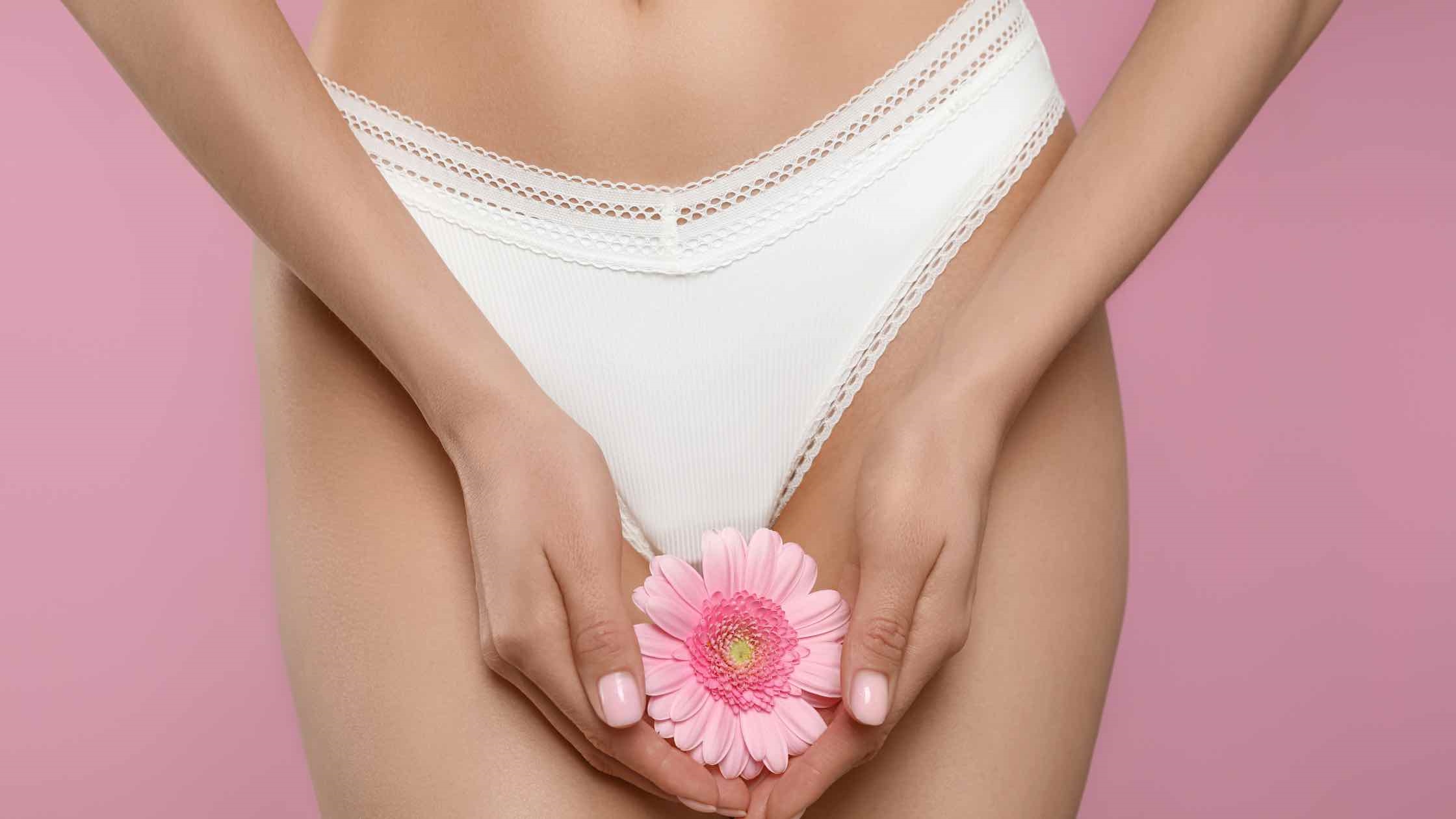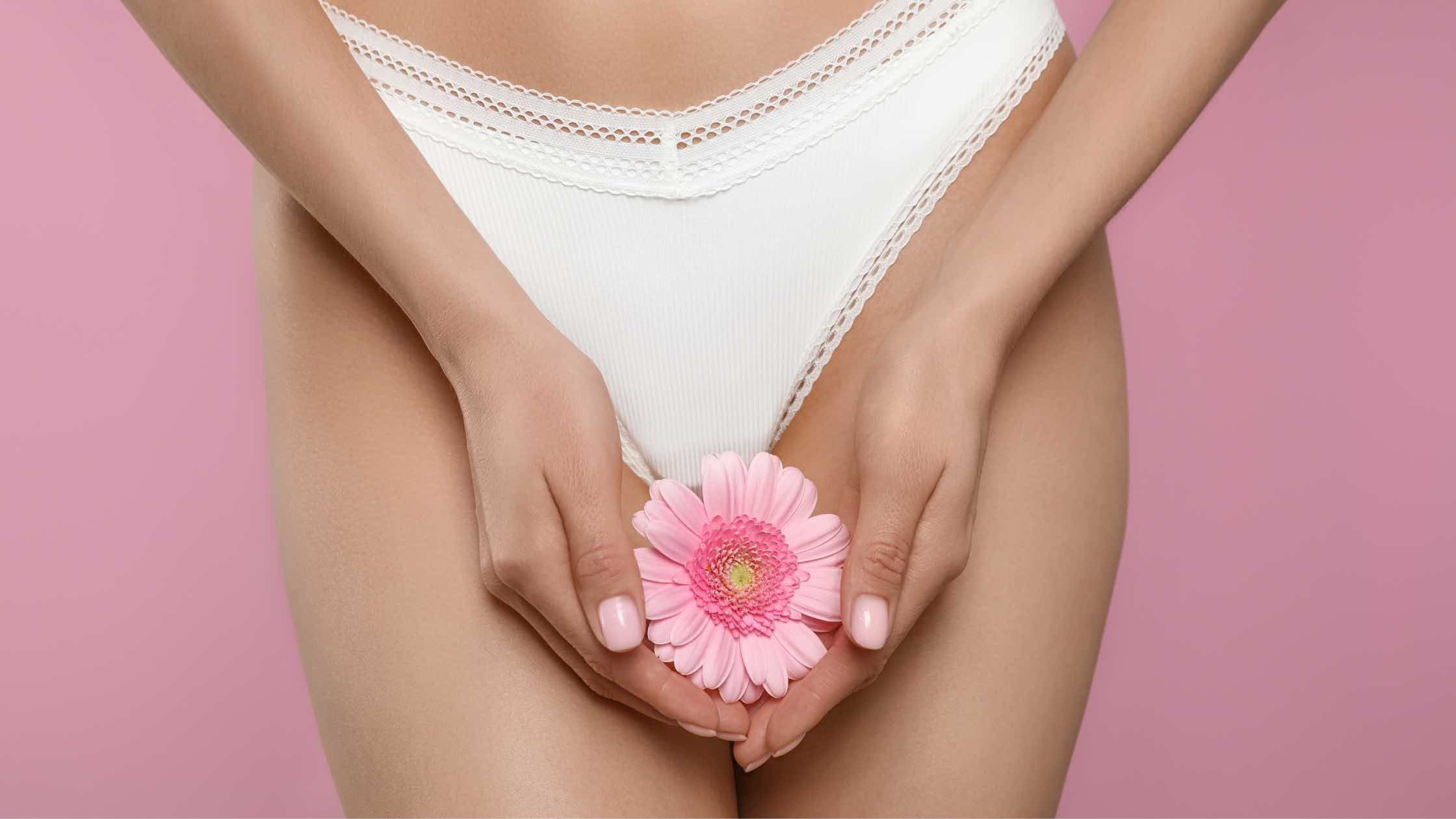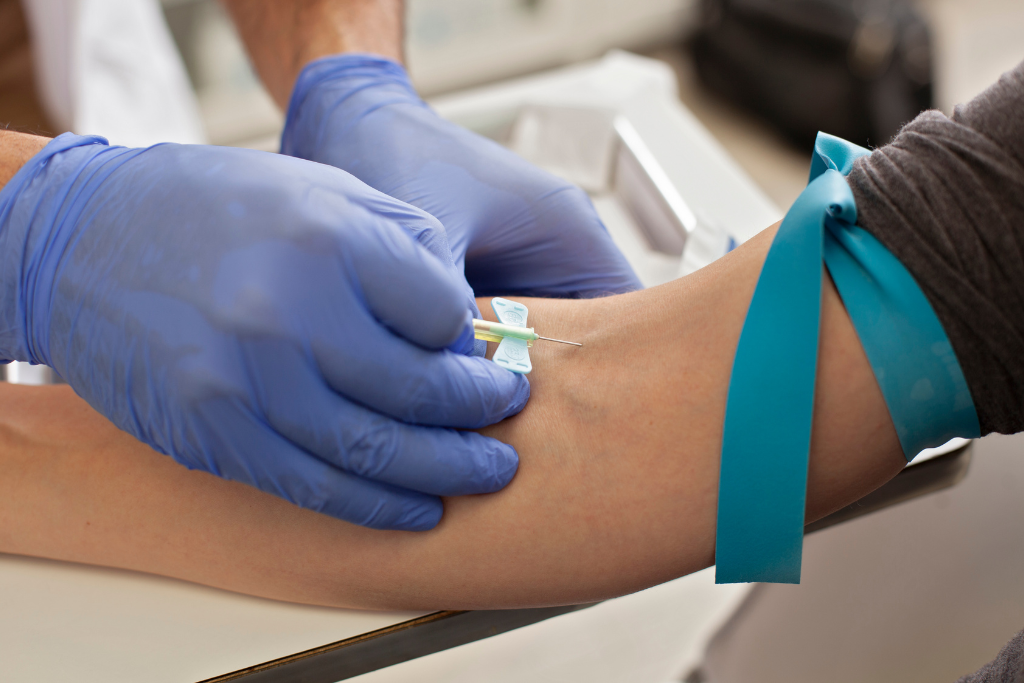For many women, talking about their genitals and reproductive health can feel awkward or embarrassing, often resulting in delayed visits to the doctor when they notice new symptoms. Unfortunately, this hesitation can lead to bigger health concerns down the line.
To help break down these barriers and make sure women understand their bodies better, we’ve sat down with our Consultant Gynaecologist and Obstetrician, Mr Maiti, to gather some essential information about the vulva - to share with you the knowledge he wishes every woman had.
Understanding the right terms
One of the biggest challenges women face in taking control of their gynaecological health is the lack of understanding of the correct terminology. Many women refer to their entire genital area as the "vagina," but this is actually incorrect. The vagina refers to the internal canal that connects the external genitals to the womb. What most people mean when they say "vagina" is actually the vulva - the external part of the female genitalia.
The vulva includes various parts, such as the labia majora (outer lips), labia minora (inner lips), clitoris, and the vaginal opening. Understanding this basic anatomy is crucial because it allows women to better describe symptoms and recognise changes. Mr Maiti explains, “Cancers such as vaginal cancer and vulval cancer can present symptoms in these exterior parts of your genitals, so it’s important for you to be aware of what each part is and its purpose.”
Your vulva may change over time
Just like every other part of your body, your vulva is subject to change as you age. Over time, hormonal fluctuations, especially those linked to menopause, can alter the appearance of your vulva. The labia majora may lose volume, and the labia minora can appear thinner due to a reduction in collagen production. This is a normal part of the ageing process and shouldn’t be a cause for concern.
The key reason for these shifts is the hormonal changes that come with age. As oestrogen levels drop during menopause, the skin and tissues in the vulva lose some of their elasticity and fullness. This can result in the overall appearance of a "shrinking" or less plump vulva. While this is natural, there are options available, such as hormone replacement therapy, that can help if these changes cause discomfort or affect your sexual health.
It’s important to remember that these changes do not signal an issue in most cases but are a normal part of getting older. However, if you notice extreme changes or new growths, it’s always worth consulting your GP or gynaecologist to rule out any health concerns.
It may change colour too
In addition to changes in shape, the colour of your vulva may also change throughout different stages of life. This is particularly noticeable during pregnancy and menopause. During pregnancy, increased blood flow to the vulva can cause it to darken and appear more swollen. These changes are temporary and usually fade once hormone levels stabilise after childbirth.
As you age and go through menopause, the drop in oestrogen can cause vulval atrophy, a condition where the tissues become thinner and paler. This is often accompanied by dryness and discomfort, but thankfully, these symptoms can usually be treated with oestrogen creams or tablets. These treatments help restore moisture and elasticity to the vulva, improving comfort and overall genital health.
While these colour changes are natural, they can be surprising for women who may not be expecting them. It’s always good to stay informed about what is likely to happen to your body so you’re prepared and know when a visit to your gynaecologist might be necessary. If you experience severe discomfort alongside colour changes, it’s a good idea to seek medical advice to ensure there’s no underlying issue.
Itching is never normal
One of the most commonly ignored symptoms when it comes to vulval health is persistent itching. Many women assume that vulval itching is normal, often attributing it to conditions like thrush or dryness. While itching can be a symptom of relatively harmless issues like yeast infections, it can also be a warning sign of something more serious, such as vulval cancer or other precancerous conditions.
Itching that doesn’t go away, especially when it’s not accompanied by other signs of infection (like discharge or pain during sex), should never be overlooked. Vulval cancer, while rare, often presents as itching, tenderness, or a burning sensation in the vulva. These symptoms can also be linked to benign conditions, but it’s always better to have a doctor examine any persistent or unusual sensations to rule out more serious causes.
It’s important to note that itching alone doesn’t necessarily mean something is wrong, but it’s a red flag worth exploring with a healthcare professional if it continues beyond a short period.
Everyone is different
One of the biggest myths that causes anxiety among women is the belief that their vulva should look a certain way. Many women worry that their genitals don’t look "normal," but the reality is that there is no one-size-fits-all when it comes to vulvas. Just as we all have different body shapes, facial features, and skin tones, our vulvas are equally unique.
The labia, clitoral hood, and mons pubis (the mound of fatty tissue above the pubic bone) can vary in size, shape, and colour from person to person. Some women have longer labia minora, while others have fuller labia majora. This variation is perfectly normal and should not cause concern. Cosmetic surgery like labiaplasty has become more common, but it’s important to remember that your vulva’s appearance is natural and doesn’t need to conform to any aesthetic ideal.
Understanding that every vulva is different and that yours is unique to you is a step towards embracing body confidence and better genital health.
Discharge are a good thing
Vaginal discharge often gets a bad reputation, but in fact, it plays a key role in maintaining the health of your vagina. Discharge helps to cleanse the vaginal area, removing dead cells and keeping the area moist and lubricated. It’s perfectly normal for women to experience different amounts of discharge throughout their menstrual cycle. Hormonal fluctuations during ovulation, menstruation, and pregnancy can all affect the consistency and volume of discharge, and this is generally nothing to worry about.
However, changes in the smell, colour, or texture of discharge can sometimes indicate an infection. For example, if your discharge becomes thick, yellow, or has a strong odour, it could be a sign of conditions like bacterial vaginosis or candida. It’s always a good idea to see your GP if you notice any significant changes that don’t go away after a few days. Early treatment of infections can prevent them from becoming more serious and help maintain the health of your vulva and vagina.
Regular self checks are essential
One of the best ways to stay on top of your vulval health is through regular self-examination. Just as you would check your breasts for lumps or changes, it’s equally important to familiarise yourself with the appearance and feel of your vulva. This can help you detect any unusual changes, such as new lumps, growths, or persistent discomfort, and ensure you seek medical advice early.
Mr Maiti advises women to perform regular checks and not to be shy about using a mirror to get a good look. “Everybody should be checking themselves regularly for any changes or abnormalities such as discharge, new sensations, outgrowth, or inflammation that is persisting longer than a couple of weeks,” says Mr Maiti. Becoming familiar with how your vulva looks and feels when it's healthy will make it easier to notice any changes, however minor they may seem.
The key is not to ignore any symptoms, no matter how small, and to speak up if something doesn’t feel right. Your vulval health is an essential part of your overall well being, and regular self-checks can help prevent serious conditions from going undiagnosed.
By educating yourself on these key aspects of vulval health, you can take charge of your wellbeing and feel empowered to talk openly about any concerns you may have. Don’t hesitate to reach out to a healthcare professional if you experience any symptoms that seem unusual or if you just want advice on maintaining your reproductive health. At Pall Mall Medical, our gynaecologists are here to offer support and guidance on every aspect of women’s health.









